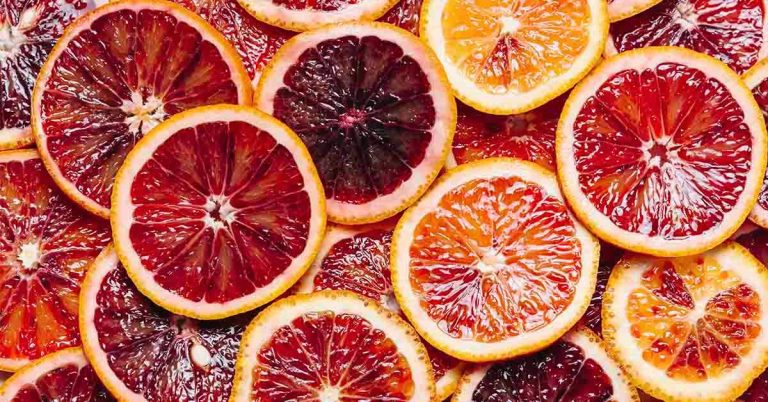ADVERTISEMENT
Spinach is an excellent source of iron, providing 2.7 mg per 100 grams. This leafy green contains vitamin C, which significantly increases iron absorption from plant-based foods. Dark leafy greens such as kale, collard greens, and chard offer similar benefits and contain additional nutrients. Eating these vegetables with healthy fats such as olive oil maximizes nutrient absorption.
Animal sources provide heme iron, which is more easily absorbed than plant-based iron. Lean beef liver contains 6.5 mg of iron per 100 grams, which is 36% of the daily value. Oysters, mussels, and sardines provide significant amounts of iron and additional minerals such as zinc and selenium.
Calcium from Kale Is More Effective Than Calcium Tablets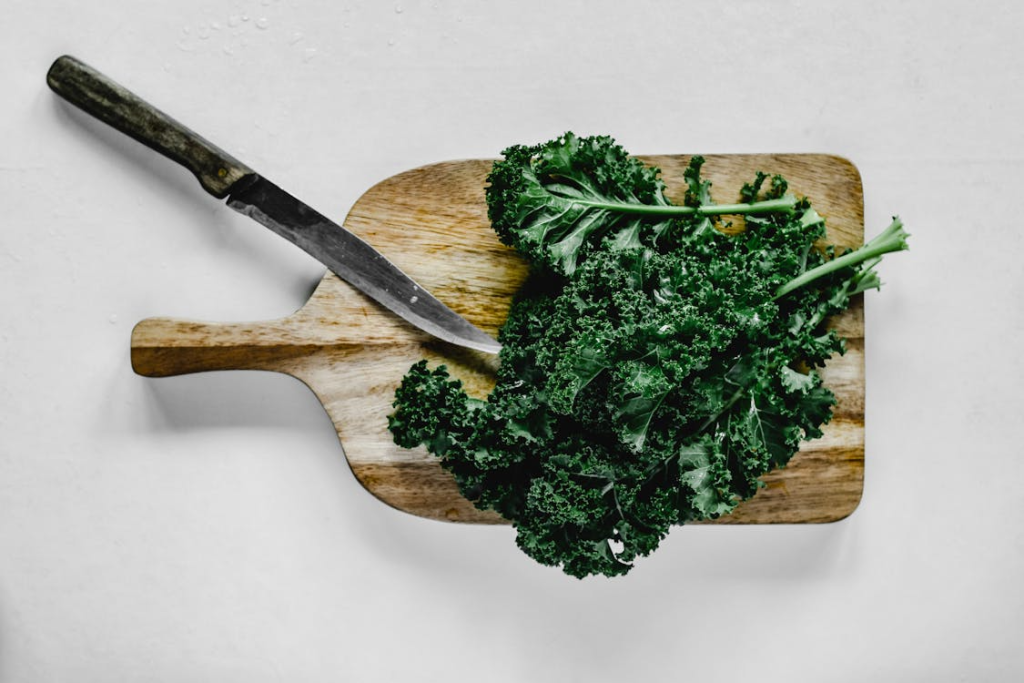
Studies show that calcium from kale is significantly better absorbed than calcium from milk or supplements. Studies show that kale calcium has a fractional absorption rate of 40.9%, compared to 32.1% from milk. This better absorption is due to kale's low oxalate content. One serving of kale provides 150 mg of calcium, which is over 10% of your daily value.
Other excellent sources of calcium include yogurt, cheese, boneless salmon, and sesame seeds. These foods provide additional nutrients like protein, healthy fats, and magnesium, which support bone health. Unlike calcium supplements, which taken alone can increase the risk of heart disease, foods provide a balanced diet without side effects.
Vitamin D from Oily Fish
Salmon is rich in vitamin D. 100 g of salmon provides 447 IU, or 112% of the recommended daily value. This amount far exceeds most supplements while also providing omega-3 fatty acids, which support heart health. Other fatty fish such as mackerel, sardines, and herring offer similar vitamin D concentrations and other nutritional benefits.
Vitamin D from food has better bioavailability compared to synthetic supplements. The natural fat in fish promotes vitamin D absorption, while supplements often lack the cofactors necessary for proper absorption. Fortified foods such as milk and cereals provide additional sources of vitamin D for people who don't eat fish or are allergic to it.
Magnesium-rich nuts and seeds replace powdered supplements
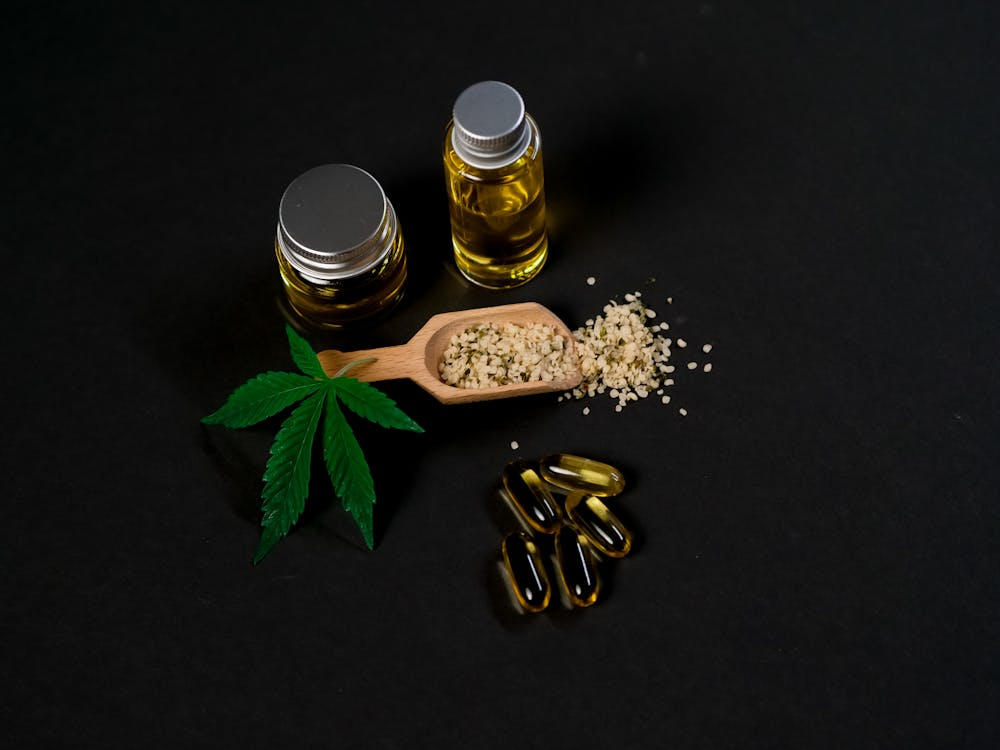
Hemp seeds are rich in magnesium, providing 210 mg per 3 tablespoons, or 50% of the daily value. Pumpkin seeds follow closely behind with 154 mg per 30 ml and, along with protein and zinc, cover 37% of your daily value. These seeds also provide sustained, slow-release energy and satisfy hunger, something magnesium supplements can't.
Cashews, almonds, and Brazil nuts provide significant amounts of magnesium, along with healthy fats and protein. Studies show that magnesium from foods is absorbed more efficiently than synthetic supplements due to their slower release rates. These nuts and seeds also provide fiber, which supports digestion and nutrient absorption.
Read more: 3 supplements you should think twice about buying, according to a pharmacist
B vitamins from whole grain and meat sources
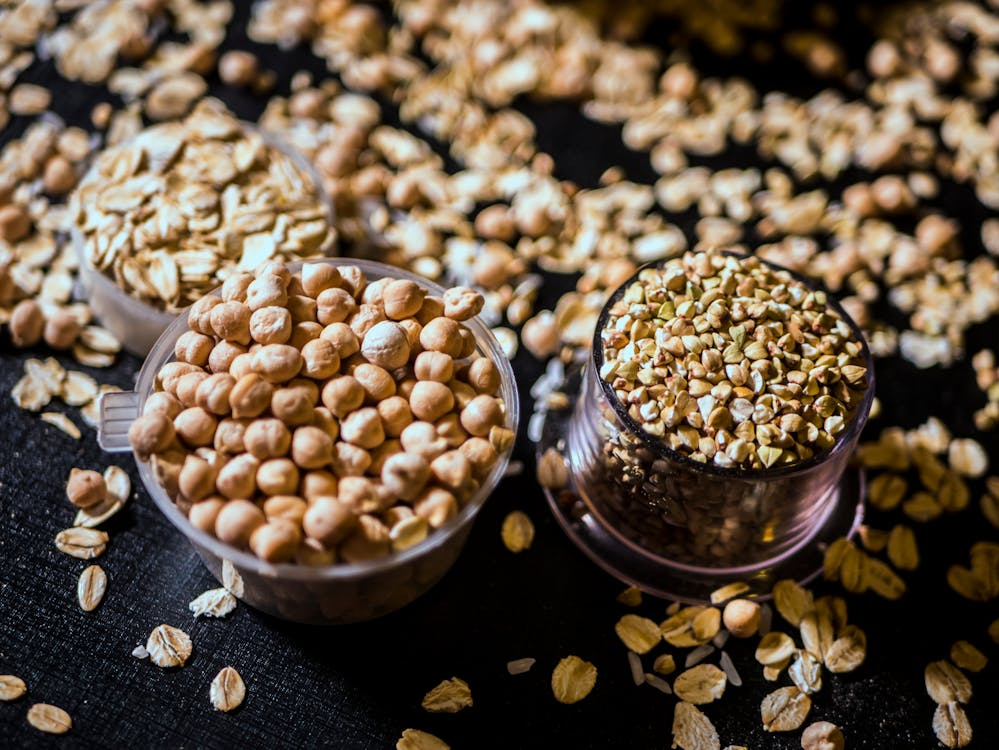
Lean meats offer comprehensive B vitamin profiles that exceed the levels found in supplements. A 100-gram serving of sirloin steak provides 49% of your niacin needs, 36% of your B6 needs, and 72% of your B12 daily value. Chicken breast provides 86% of your niacin needs and 35% of your B6 needs in a single serving. These complete protein sources ensure optimal amino acid profiles and high B vitamin content.
Whole grains provide B vitamins in their natural composition with fiber and complex carbohydrates. Fortified cereals, brown rice, and oats provide sustained energy-release thiamin, riboflavin, and niacin. Unlike synthetic B vitamin supplements, whole food sources provide a gradual release of nutrients, supporting consistent energy levels throughout the day.
Vitamin C from citrus fruits is better than synthetic ascorbic acid
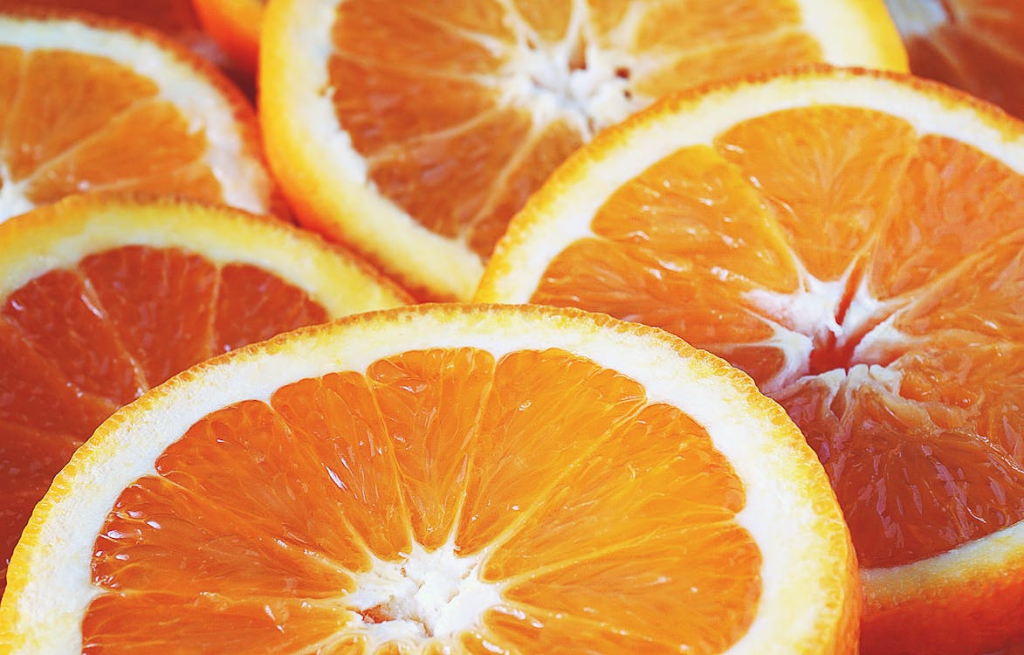
Oranges provide 97.9 mg of vitamin C per large fruit, exceeding the daily needs of most adults. The natural vitamin C in citrus fruits contains flavonoids and other phytochemicals that enhance antioxidant activity. Studies suggest that vitamin C from citrus fruits has higher bioavailability than synthetic ascorbic acid supplements. Peppers, strawberries, and kiwis, among other nutrients, provide high concentrations of vitamin C. These whole foods provide fiber, potassium, and antioxidants that support immune function beyond vitamin C.
Antioxidant-rich berries replace expensive antioxidant pills. Blueberries, blackberries, and raspberries contain concentrated antioxidants that are superior to synthetic supplements. These berries provide anthocyanins, flavonoids, and vitamin C in naturally balanced ratios. Dark vegetables like artichokes, kale, and sweet potatoes have powerful antioxidant properties that are critical for preventing cellular damage. The combination of carotenoids, vitamin A, and vitamin E in these foods enhances their protective effects on the body. Unlike antioxidant supplements, which can interfere with natural cellular processes, whole foods provide balanced antioxidant support without negative side effects.
Conclusion
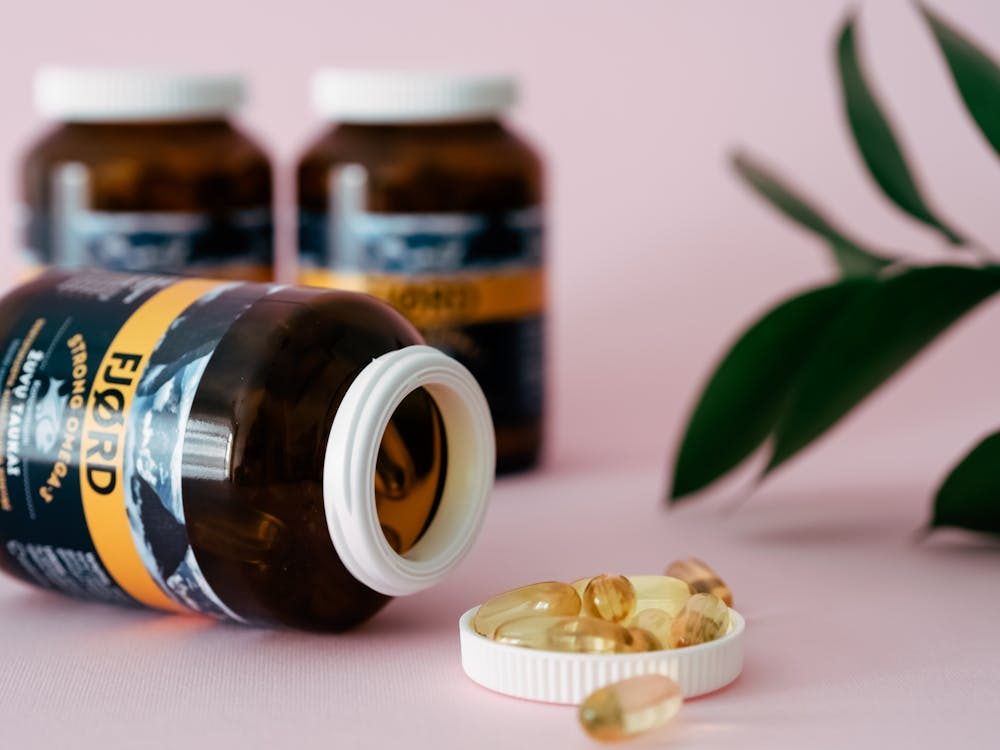
A balanced diet with a variety of whole foods provides significantly better nutritional support than supplements. Foods like spinach, kale, and salmon meet nutrient needs more effectively, safely, and cost-effectively. This approach leverages the natural bioavailability and synergistic effects of these foods while helping to reduce the need for supplements.
Whole foods also offer diverse nutrient profiles that work together to support overall health, something that isolated supplements cannot. While many supplements are sometimes necessary, they can be expensive and have limited access to certain groups. Whole foods are often more accessible, offer better overall health benefits, and cause no side effects.
ADVERTISEMENT
